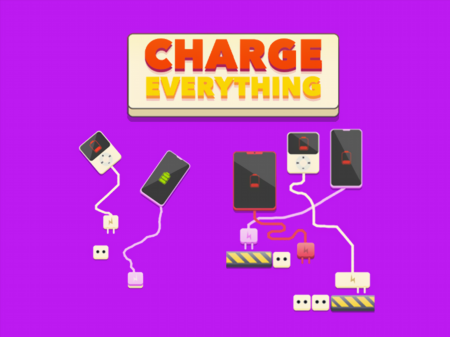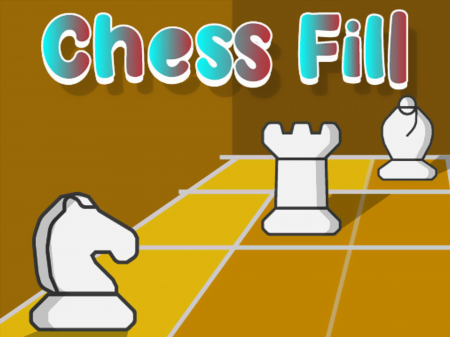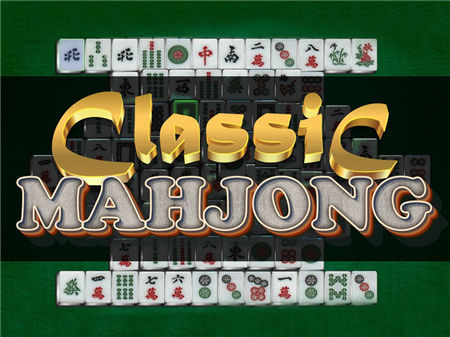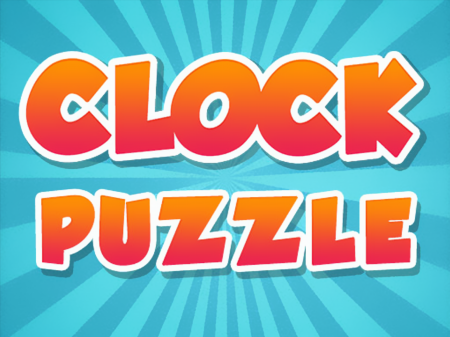A puzzle is a difficult task, which, as a rule, requires ingenuity rather than special high-level knowledge. As you know, games of this genre originate from board games. Rubik's cube, crossword puzzles, tags — all they served as the birth of the "puzzle" genre. This type of entertainment has been popular for many years, and today, every Internet user can play browser-based Puzzle Games.
The first puzzles appeared back in the 80s (Q*bert and Boulder Dash), and then, other developers came along, who wanted to join the genre. In the early 1990s, games such as Lemmings and The Lost Vikings revived the puzzle genre. The advent of 3D graphics contributed to the development of the genre on game consoles. Relatively cheap-to-produce games have found their niche on portable gaming systems.
Some puzzle games give the player random blocks or pieces that need to be assembled in a certain sequence and shape, such as Tetris, Klax, and Lumines. Of these, Tetris is considered one of the most important video games of the genre, spawning many sequels, variations, and clones featuring "falling blocks."
Other games, such as Bomberman and The Incredible Machine, are piecemeal plazas where solving a problem requires the player to reach a destination through successive actions within a time limit. Usually, puzzles do not cause difficulties in distribution and adaptation, so they are of interest to users of different ages. People prefer puzzles for several reasons:
- Challenge: people tend to respond to challenges and feel the joy of overcoming them. Puzzles allow players to experience a sense of pride, success, and progress.
- Entertainment: some people are looking for challenging tasks, but many just want to pass the time doing something interesting. Some puzzles offer players interesting entertainment without much tension instead of difficult tasks. Games of this type should be relatively simple and monotonous and not rely on specific knowledge (as is often found in puzzle games played to overcome difficulties).
- Character and environment: people like long stories and characters, beautiful images, and interesting environments. Such puzzles attract players with their stories and artwork.
- Spiritual Development: finally, some puzzles mimic spiritual development in one way or another.
Our brains perform better in the long run, according to research, if we regularly challenge them with new, non-standard tasks, such as solving crosswords, puzzles, and playing logic games. And the more, the better. Today, puzzle games exist in a huge variety, and depending on their types, they develop various cognitive skills that will later be useful to the child while studying at school and university and even in work and building a successful career. Based on research, scientists concluded that puzzles:
- Stimulate brain activity;
- Give emotional satisfaction and a sense of accomplishment;
- Improve memory and speed of thinking, information processing;
- Improve concentration;
- Help fight boredom.
Adult users can also develop some skills thanks to browser-based Puzzle Games. If you listen to scientists, it turns out that a person must maintain the brain throughout their life. Brain cells also age, so they need to be rejuvenated by mental activity.
Puzzles are brain trainers that should not be underestimated — they are no less useful than simulators in the gym. Puzzles also increase serotonin, which is one of the cheapest and healthiest ways to get it. In the world of stress and neurosis, many resort to antidepressants and various substances, and sometimes, it's enough just to think about solving a problem or solve at least one face of a Rubik's cube.
For those who suffer from memory disorders, puzzles should be included in the list of daily tasks. And, of course, puzzles are an excellent prevention of dementia. Now, you know what puzzles are for, so choose similar browser games for the whole family — children, adults, and grandparents!



























